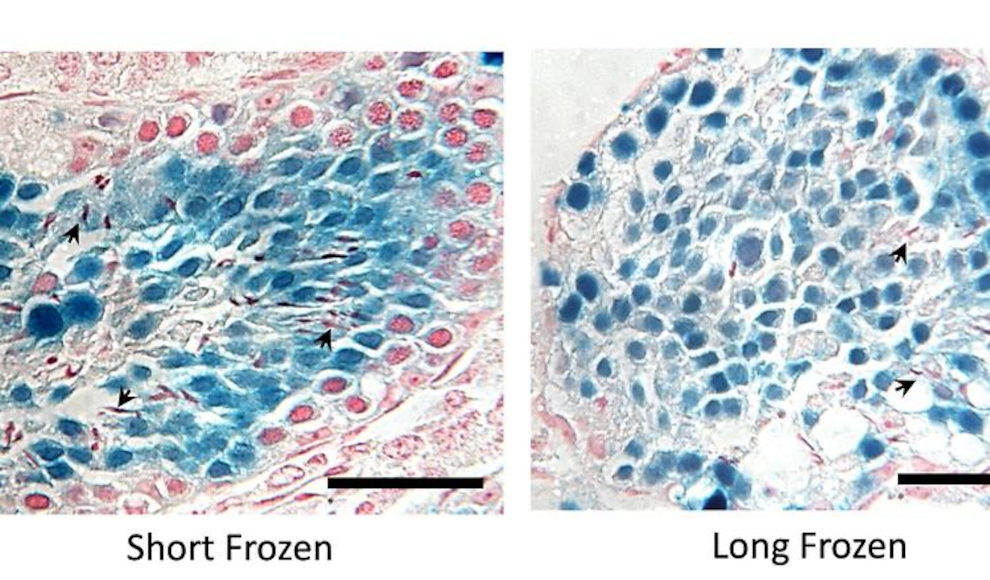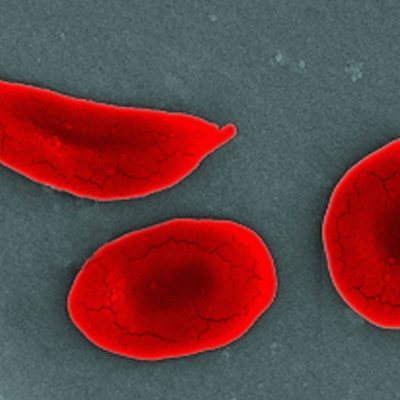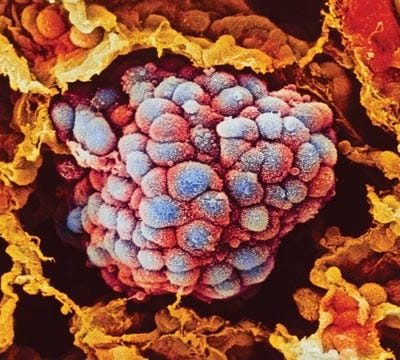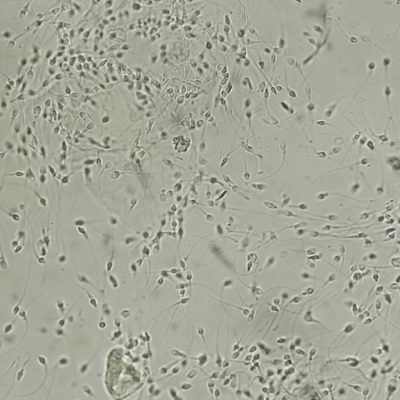A new study from the University of Pennsylvania offers hope to prepubescent boys who may become infertile due to chemotherapy. Chemotherapy can kill the sperm-producing stem cells in the testicles, leading to infertility later in life. However, the study found that frozen stem cells from mice could be implanted into infertile mice, resulting in the production of new sperm. While the implanted stem cells produced only about a third of the sperm as fresh or recently frozen cells, the researchers believe this method could be used to restore fertility in prepubescent boys who undergo chemotherapy. The treatment would involve freezing tissue samples before chemotherapy and then re-implanting them later in life.
The study, published in PLOS Biology, examined frozen testicular tissue from mice that had been stored for 23 years. The tissue was implanted into infertile mice that had been treated with a drug to eliminate all sperm-producing cells. The researchers found that the 23-year-old stem cells had survived and produced new sperm in the implanted mice. While the sperm count was lower than with fresh or recently frozen cells, the researchers believe that even a small number of viable sperm could result in successful fertilization.
While the treatment has only been tested on mice, some clinics have already begun freezing immature testicular tissue from children before chemotherapy in the hopes that it can be re-implanted later in life. The researchers believe that this method could be used to restore fertility in prepubescent boys who undergo chemotherapy, offering hope to those who may otherwise be unable to have children. However, further research is needed to determine if the results of the study can be replicated in humans.










